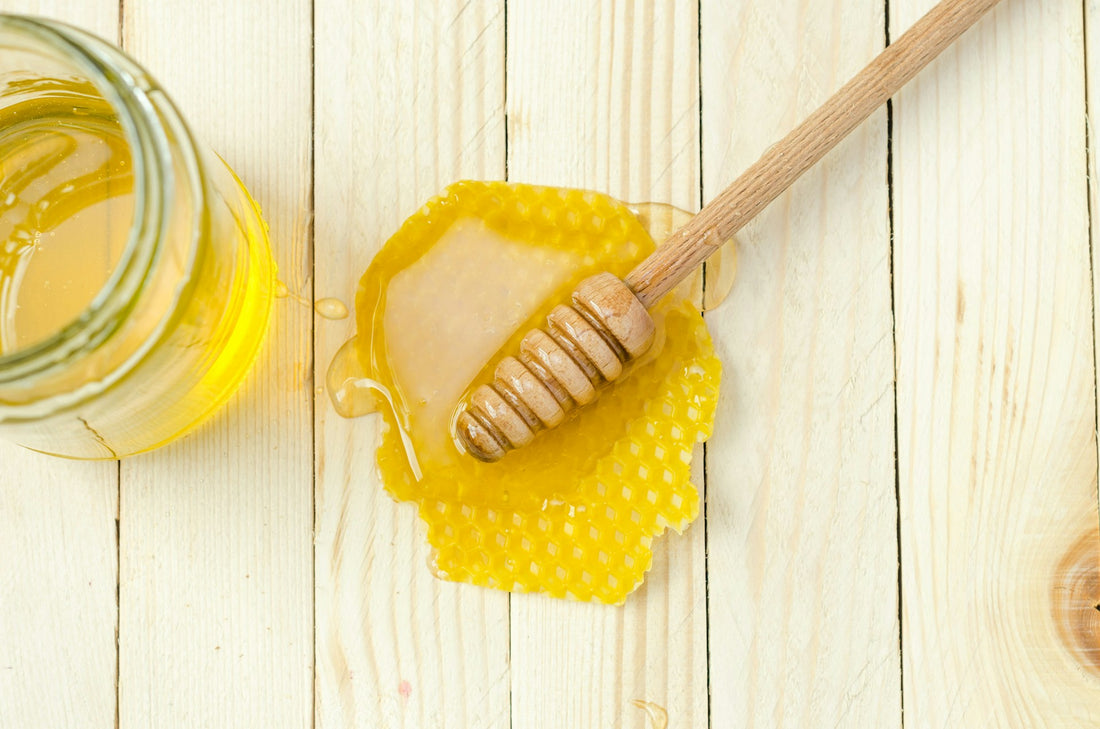
Sustainability and Local Impact: How Lunga Honey Supports Zambia’s Communities
Share
Introduction: When you purchase Lunga Honey, you’re not just choosing a delicious, natural product—you’re also supporting sustainable practices and helping communities in Zambia thrive. This article dives into how Lunga Honey is produced, its positive environmental impact, and how it contributes to the local economy.
Section 1: Sustainable Beekeeping Practices
- Eco-Friendly Beekeeping: Lunga Honey is harvested using traditional, low-impact beekeeping methods that don’t harm the environment. Beekeepers avoid using harmful chemicals and pesticides, ensuring that the honey remains pure and the bees remain healthy.
- Biodiversity Conservation: The bees collect nectar from a wide range of wild plants, ensuring that beekeeping supports local biodiversity. The flourishing wildflower populations also aid in pollination, which is essential for the local ecosystem.
Section 2: Empowering Local Communities
- Fair Trade Practices: Many of the beekeepers in Zambia are small-scale farmers, often in rural communities, who rely on honey as an important source of income. By supporting Lunga Honey, consumers contribute directly to the livelihoods of these farmers.
- Women’s Empowerment: Beekeeping in Zambia offers women a valuable opportunity for economic independence. Many women are involved in honey production and sales, helping to empower them financially and socially.
Section 3: Why Ethical Sourcing Matters
- Impact on Local Economies: The honey trade supports the local economy by creating jobs in beekeeping, packaging, and distribution. By choosing Lunga Honey, consumers are helping to build a more sustainable and equitable future for Zambia’s rural communities.
- Conserving the Environment: Sustainable honey production helps preserve Zambia’s natural resources, and the focus on local flora and fauna ensures that Lunga Honey contributes to the health of the entire ecosystem.
Conclusion: Lunga Honey is a product that benefits everyone involved—from the bees to the local communities, to the consumers who enjoy its delicious taste. By choosing this honey, you’re not only nourishing your body but also supporting ethical, sustainable practices that help protect the environment and empower local farmers.
